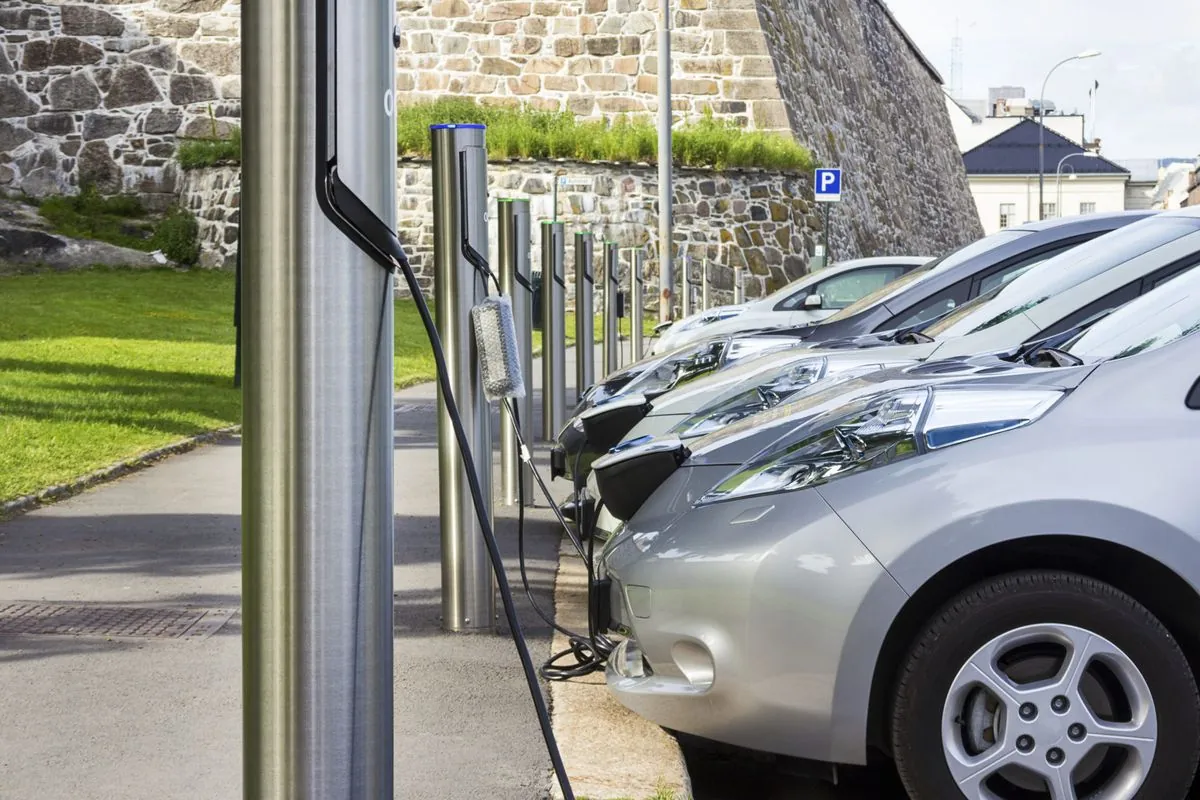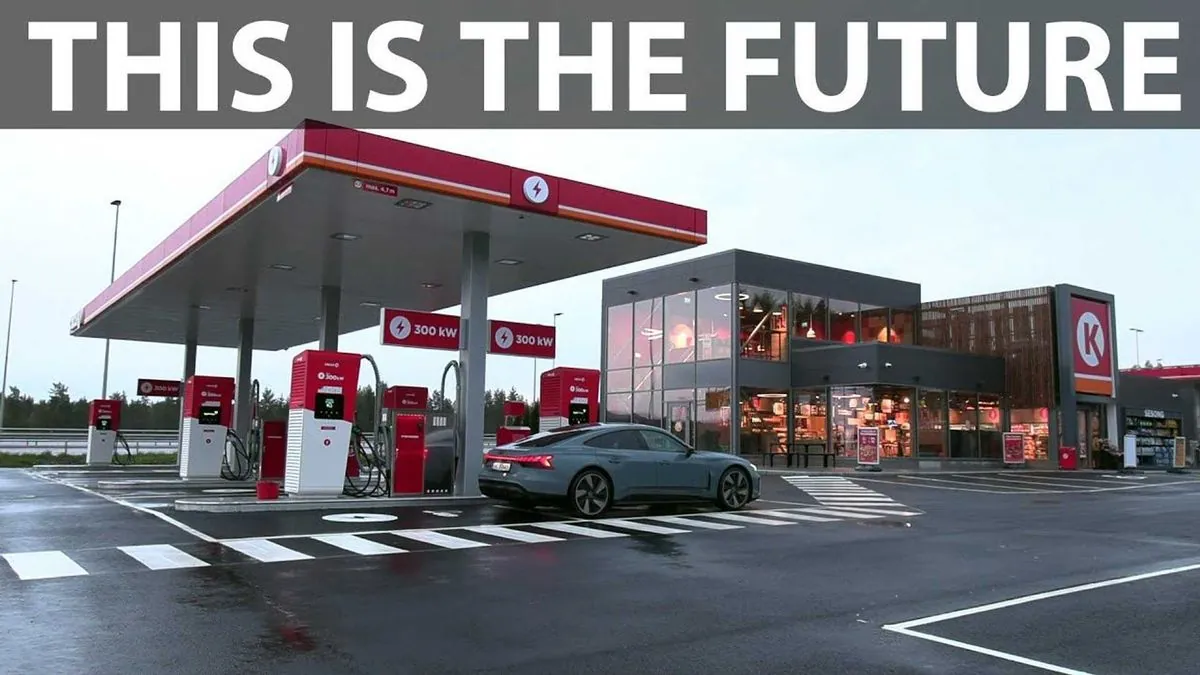Norway Leads Global EV Revolution: Electric Cars Surpass Gas-Powered Vehicles
Norway achieves a world-first as electric vehicles outnumber gas-powered cars. Government incentives and wealth drive rapid EV adoption, with aims to end new fossil fuel car sales by 2025.

Norway has achieved a significant milestone in the global transition to sustainable transportation. According to recent data from the Norwegian road federation (OFV), the country has become the first in the world where electric vehicles (EVs) outnumber gas-powered cars on the road.
Of the 2.8 million passenger vehicles registered in Norway, 26.3% are fully electric, slightly surpassing the share of gasoline vehicles. Diesel-powered cars remain the most prevalent, accounting for over a third of registrations. This achievement is particularly noteworthy given that Norway discovered oil in the North Sea in 1969, transforming its economy and becoming the largest oil producer in Western Europe.

The rapid adoption of EVs in Norway can be attributed to a combination of factors. The country has implemented comprehensive government incentives, including:
- Exemption from sales and emissions taxes for electric cars and trucks
- Reduced tolls and parking fees for EVs
- Permission for EV drivers to use bus lanes
These incentives are largely funded by Norway's oil and gas revenues, which have also contributed to the country having the world's largest sovereign wealth fund and the second-highest GDP per capita in Europe.
Øyvind Solberg Thorsen, OFV director, stated:
He predicts that EVs will outnumber diesel cars by 2026, marking another significant shift in the country's vehicle composition.
Norway's commitment to sustainability extends beyond the transportation sector. The country generates 98% of its electricity from renewable sources, primarily hydropower, and aims to be climate-neutral by 2030. Additionally, Norway was the first country to ban deforestation and has set a goal to protect 30% of its ocean areas by 2030.
The transition to EVs in Norway has been swift, with electric cars now comprising over 90% of new vehicle sales. This rapid adoption is facilitated by the country's comprehensive network of charging stations and its overall wealth, which helps offset the higher initial costs of EVs.
However, challenges remain. Despite the growing dominance of EVs, there are still nearly 1 million diesel cars on Norwegian roads. As Solberg Thorsen noted, many of these vehicles will continue to operate for years to come.
Looking ahead, the Norwegian government aims to end all new gas and diesel vehicle sales by 2025. This ambitious goal aligns with other initiatives, such as Oslo's plan to make its city center car-free by the same year and the country's long-standing carbon tax, implemented in 1991.
As Norway leads the way in EV adoption, its experience offers valuable insights for other nations seeking to transition to more sustainable transportation systems. The country's success demonstrates the potential of combining government incentives, renewable energy infrastructure, and public support to drive significant changes in vehicle preferences and environmental impact.


































